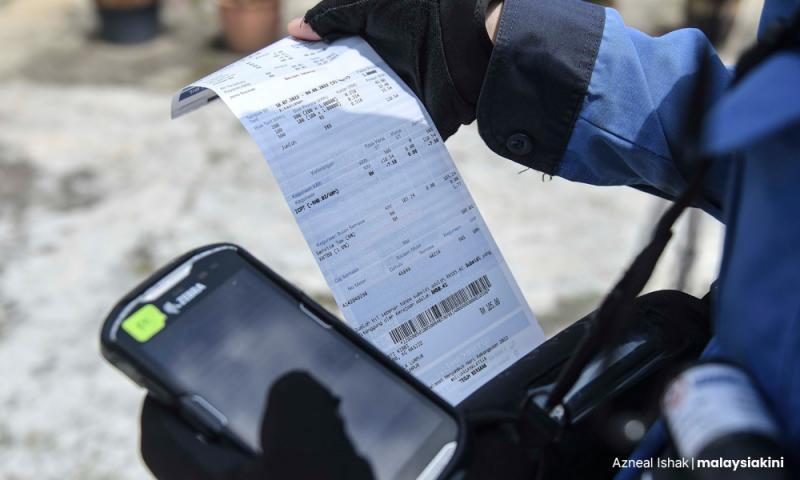LETTER | Rationalising electricity subsidy: Kudos to govt
LETTER | The Consumers Association of Penang (CAP) welcomes Prime Minister Anwar Ibrahim’s announcement on May 15 that households which guzzle electricity will no longer be enjoying subsidies.
According to a media report in August 2022, the government was expected to spend RM6.51 billion in electricity tariff subsidies for that year.
Under across-the-board subsidies, the affluent T20 of the population will benefit more than the B40 and M40 households because they consume more electricity by using power-hungry electrical appliances such as air-conditioners.
Therefore, we agree that T20 households using numerous and high energy-consuming appliances should pay non-subsidised electricity rates.
If they want to cut the cost of their electricity consumption, they have the option to install solar panels.
The government is heading in the right direction in continuing its targeted subsidies for the B40 and M40 households - while those in T20 can pay for their luxurious lifestyle or otherwise, scale it down.
Prevent leakages
When electricity prices (September 2022) are compared across nine of the 10 Asean countries, Malaysia’s household electricity is the third cheapest after Myanmar and Laos.
We also agree with the suggestion that subsidised rates for B40 and M40 households will be maintained by way of offsetting the cost by charging higher rates for major factories.
Those in the agriculture sector or SMEs will be spared any increase. Those in high-value manufacturing can pay for dearer electricity.
The entire objective of targeted subsidies is to ensure that whatever subsidies given by the government must benefit the right category of people and also to drastically reduce leakages.
Malaysia needs to produce high-quality graduates to meet the needs of knowledge industries as evidenced by Bayan Lepas Free Industrial Zone, which started in the early 1970s.
The latest available statistics on micro-, small and medium-sized enterprises (MSMEs) showed that there were 1,258,763 establishments contributing to 37.4 percent of Malaysia's overall gross domestic product (GDP).
Hence, MSMEs will not be affected by the increase. It would also be the same for the critical agricultural sector which the country urgently needs to stimulate food production.
The views expressed here are those of the author/contributor and do not necessarily represent the views of Malaysiakini.
RM12.50 / month
- Unlimited access to award-winning journalism
- Comment and share your opinions on all our articles
- Gift interesting stories to your friends
- Tax deductable
